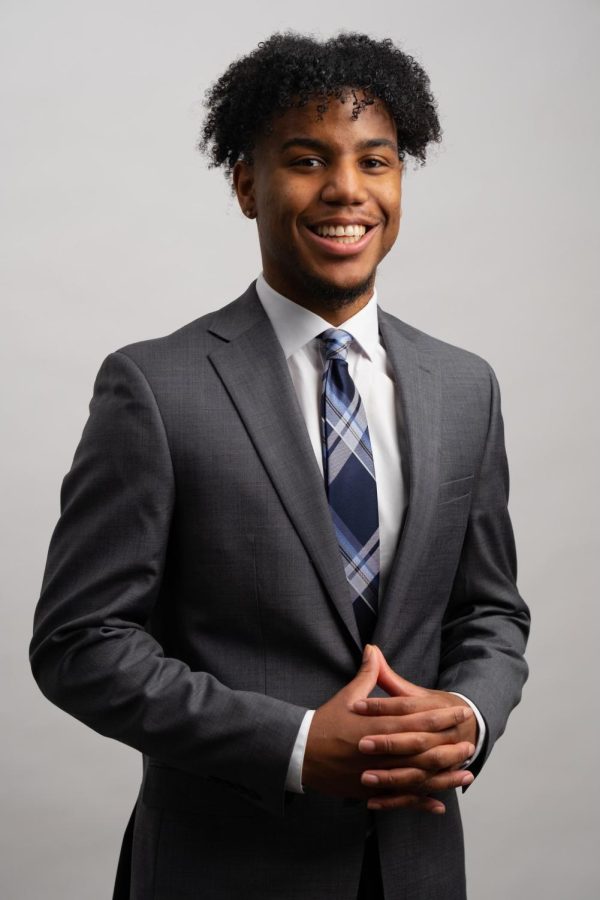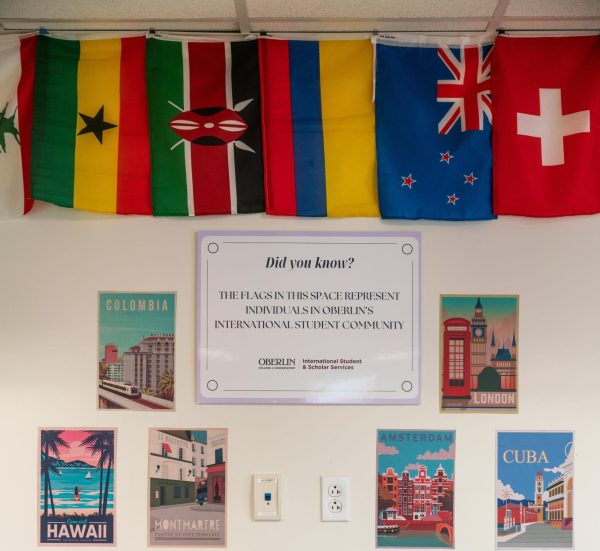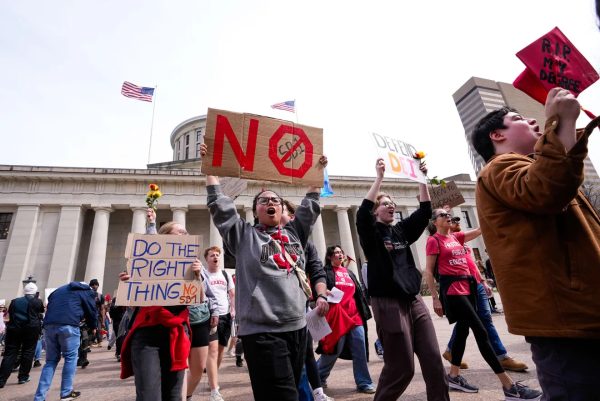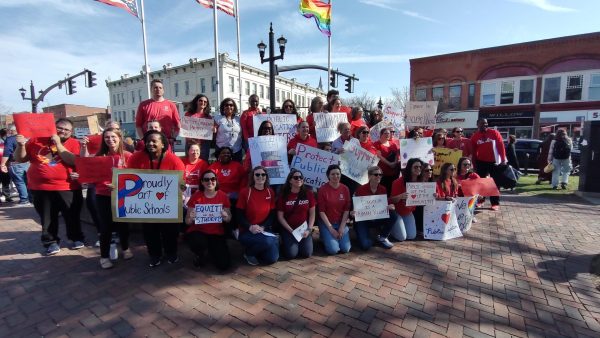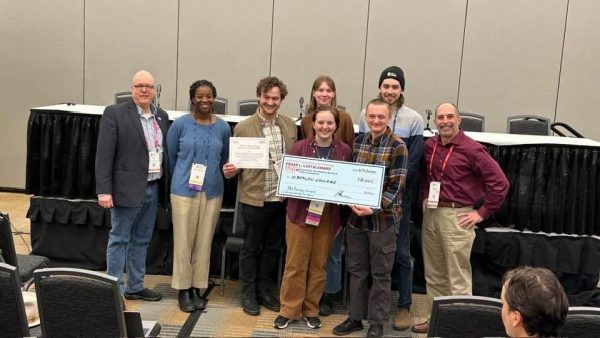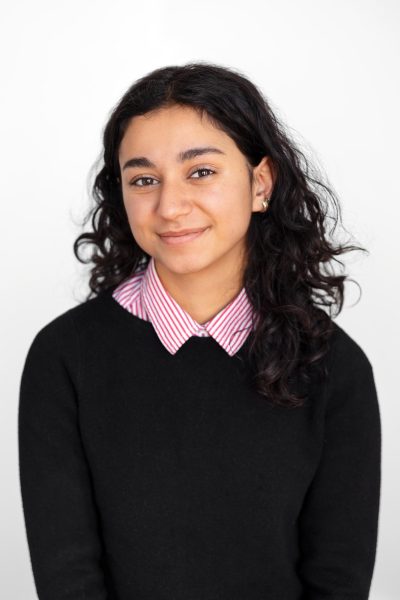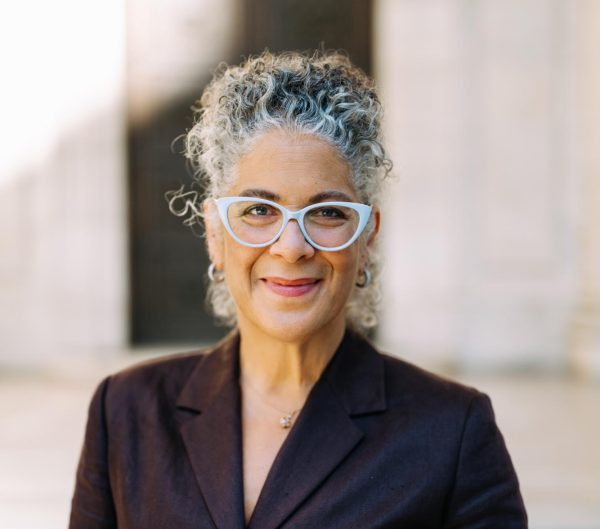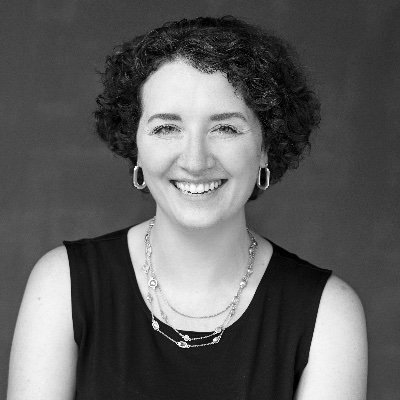Darius Butler: Africana Studies and Law and Society Major
Darius Butler is a third-year Africana Studies and Law and Society major from Columbus. Butler was recently accepted into the Frederick Douglass Global Fellowship along with 11 others out of more than 600 competitive applicants. During the four-week summer program, he will travel to Washington, D.C., Cape Town, Dublin, Derry, and Belfast to study figures involved in social change.
This interview has been edited for length and clarity.
What was the process of selection for the fellowship like?
I’ve been interested in studying abroad for a while. I’ve never been out of the country before, and this program really stood out to me because it allows me to travel to South Africa, Ireland, and D.C. while also taking a course that relates to my studies, Africana Studies and Law. It’s an intensive program, so I felt that it would be one of the best ways to prepare me for my future endeavors — wanting to pursue a career in law and specifically advocating on the behalf of marginalized groups with a focus on the Black community. I started working on the application when we came back to school for Winter Term, and Associate Professor of Africana Studies Charles Peterson was super supportive throughout this whole process. He encouraged me to pursue this. I found out that I was accepted during class, and I was so emotional — I mean, I was jumping up and down. One of the goals the fellowship highlights is promoting social justice advocacy work.
How does that align with your current and future goals?
Within the fellowship, we were studying the legacy of various agents of social change — taking time to look at figures like Frederick Douglass, Desmond Tutu, Abraham Lincoln, John Lewis, Nelson Mandela. Although each person obviously has a passion for social justice and advocacy, they each bring a unique perspective, and their fight for change is specific to their area. In doing this fellowship, I get to interact with 11 other students who have a common passion for social justice, which shows up in different ways depending on where that person is from. I think their upbringing also has a lot to do with it, just like their lived experiences. So basically, by coming together and taking this course, we learn about the specific ways that we can enact change through not just social justice and advocacy and not just protests, but also through policy work and through starting dialogue with people who will be able to help us achieve what we want to achieve. I think, ultimately, that’s how we can nurture positive change. Furthermore, it doesn’t just end when the fellowship ends and we come back to our respective institutions. It’s on us to talk about our experiences and talk about what we learned and how we can apply that back home to actually see the change that we want to see.
Can you talk a little bit about the different communities you’re a part of on campus?
I’m a Law and Justice Scholar and Podis fellow. I work in the Writing Center, and the reason why I wanted to work in the Writing Center was, for one, when I applied, there were no current Black Writing Associates. I think visibility is very important, especially in spaces that are dominated by white people, and especially when we talk about academic writing and linguistic oppression. Through working in the Writing Center and setting up hours in Afrikan Heritage House, I just hope to be a resource for Black students who aren’t always as comfortable sharing their paper, sharing their work with a white student. Because the way that we write, the way someone’s voice comes across, can mean something completely different for someone who’s not familiar with that. So I try to just be a resource in the community through the Writing Center and also through the Speaking Center, because Black speech and Black writing have been criminalized since the inception of academia. I am also the co-chair of Voices for Christ, which is a space for Black Christians. That space is very important for me, just coming together and creating a space where we can be comfortable in our faith. I just try to be the best representative of what Christianity means to me through that space and really allow for Black people to feel comfortable in their space.
Have you done work in connection with Law and Society before?
Yeah, for the past two summers. I worked with the non-profit As You Sow in Berkley California a fellow last summer, and I was actually offered the full-time consultant position. Basically, I was just a researcher, but the official title is the Racial Justice Research Fellow. So I am a research consultant. I compile research about environmental racism and pollution within communities of color throughout the U.S. We also specialized in shareholder advocacy, and we monitor corporate responses to racial injustice throughout the U.S. A lot of that has to do with analyzing the programs put in place to help communities — what is the effectiveness of this program, how much money are they investing, and where is that money going?
Do you think being in the Oberlin community has shaped your perspective on law and justice? Did Oberlin help you when applying to the Frederick Douglass Global fellowship?
I think about this often — had I not come to Oberlin, what type of student I’d be and what type of person I’d be. I wouldn’t necessarily credit Oberlin as an institution, but rather I would credit the professors and the students that I’ve been able to interact with. Like Professor Peterson, Professor [Candice] Raynor — I mean, honestly, the whole Africana Studies department. I definitely came into college very naive and not as aware as I thought I was about issues, especially within the Black community. And I think here, there is a culture within the Black community of speaking out for social justice and on the behalf of marginalized communities even within the Black community, whether that be marginalized on the basis of sexuality, class especially. So I think definitely, the culture within the Africana Studies department and even the culture within the Afrikana Heritage House has been integral in my development as a student. It’s really opened my eyes, and it’s something that I’m forever appreciative of. How does it feel to get the fellowship? I’m still in shock, honestly. It’s an amazing feeling. It’s a very humbling feeling. I attribute it all to my faith. I’m very blessed to be given this opportunity to be able to represent my family, to be able to represent Oberlin, and to be able to represent my country when I go abroad. I’m just very thankful for it. I cannot wait until the summer.


